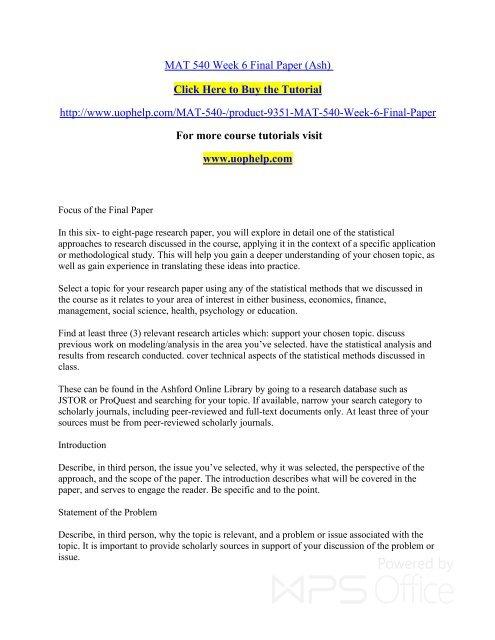African Union Court Blocks Political Comeback of Ivory Coast’s Former Leaders
In a landmark ruling, the African Union’s judicial body has decisively barred former Ivory Coast President Laurent Gbagbo and ex-Prime Minister Guillaume Soro from re-entering the country’s political sphere. This verdict has sparked widespread attention both within Ivory Coast and across the continent, reflecting ongoing challenges in a nation still healing from its turbulent past. Gbagbo, who was removed from office in 2011 and subsequently acquitted of war crimes by international courts, alongside Soro—once an ally turned rival—had sought to regain their foothold amid a complex political environment. The court’s decision highlights the delicate balance between justice, political stability, and democratic integrity as Ivory Coast continues its post-conflict recovery.
Court Ruling Reinforces Accountability and Political Stability
The African Union court’s judgment effectively halts attempts by these prominent figures to influence national politics again. By upholding prior legal decisions against them, the court sends a clear message about respecting judicial outcomes as foundational pillars for future governance. This move is widely interpreted as an effort to safeguard peace and prevent potential unrest that could arise if controversial leaders were allowed back into power.
- Preservation of Legal Integrity: The ruling affirms that previous convictions remain binding in determining eligibility for public office.
- Focus on National Stability: Preventing politically divisive personalities from returning aims to reduce risks of renewed conflict.
- Diverse Public Opinions: While some Ivorians welcome this decision as protective of democracy, others view it as exclusionary toward significant segments of society.
This verdict not only impacts individual careers but also sets an important precedent for how accountability is enforced across Africa’s evolving democracies. It underscores the African Union’s commitment to uphold rule of law principles while navigating complex post-conflict realities.
Broader Consequences for Ivory Coast’s Political Environment
The exclusion of Gbagbo and Soro marks a pivotal moment with far-reaching implications for Ivory Coast’s internal politics. Their sidelining consolidates power around current leadership factions but simultaneously risks deepening divisions among their supporters—a dynamic that could fuel social tensions or sporadic unrest if not carefully managed.
| Key Impact | Description | ||||||
|---|---|---|---|---|---|---|---|
| Heightened Polarization | The ban may intensify factional divides between loyalists aligned with former leaders versus government supporters. | ||||||
| Consolidation vs Authoritarian Risks | The ruling party might strengthen control over institutions but faces scrutiny over potential erosion of democratic freedoms. | ||||||
| < strong > Electoral Landscape Shift strong > td > | Upcoming elections could see reduced competition due to absence of major opposition figures , potentially impacting voter engagement . td > tr > tbody > table > This development presents both challenges and opportunities: while it may promote short-term stability by limiting contentious actors’ influence, it also raises questions about inclusivity in governance processes essential for long-term reconciliation efforts within Ivorian society. Pathways Toward Strengthening Democracy in Ivory CoastThe recent African Union judgment signals an urgent need for inclusive strategies aimed at bridging divides within Ivorian politics. To foster sustainable peace and democratic resilience, stakeholders should prioritize open dialogue among all factions alongside institutional reforms designed to enhance transparency and citizen participation.
|

